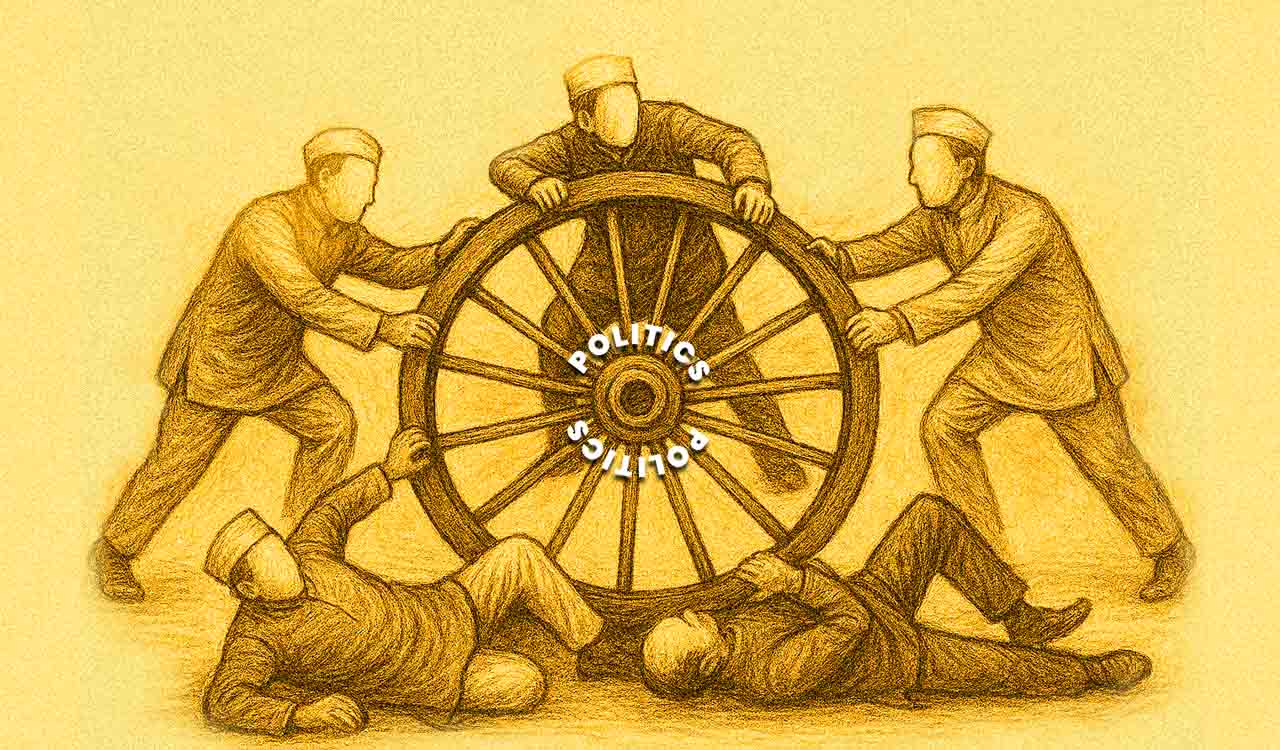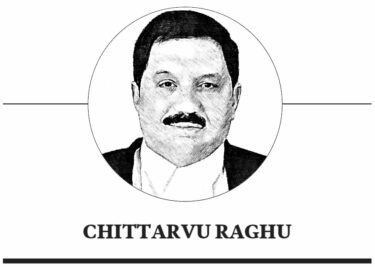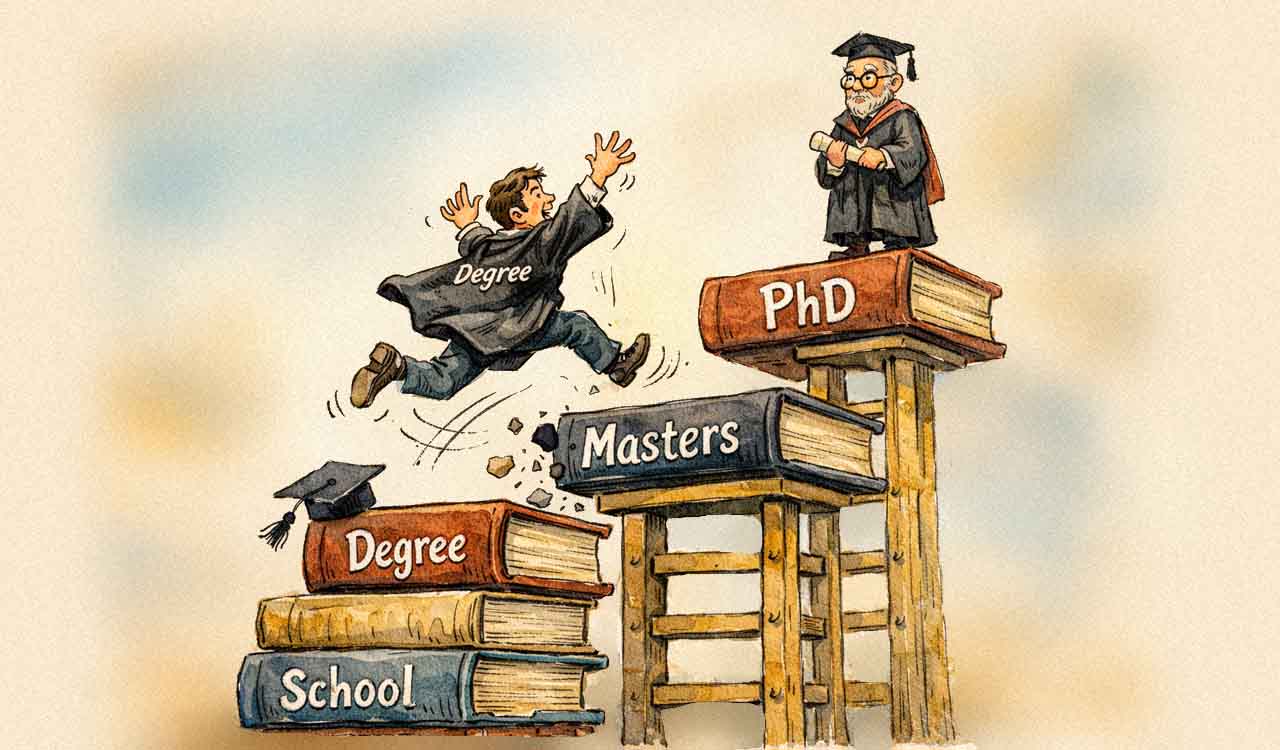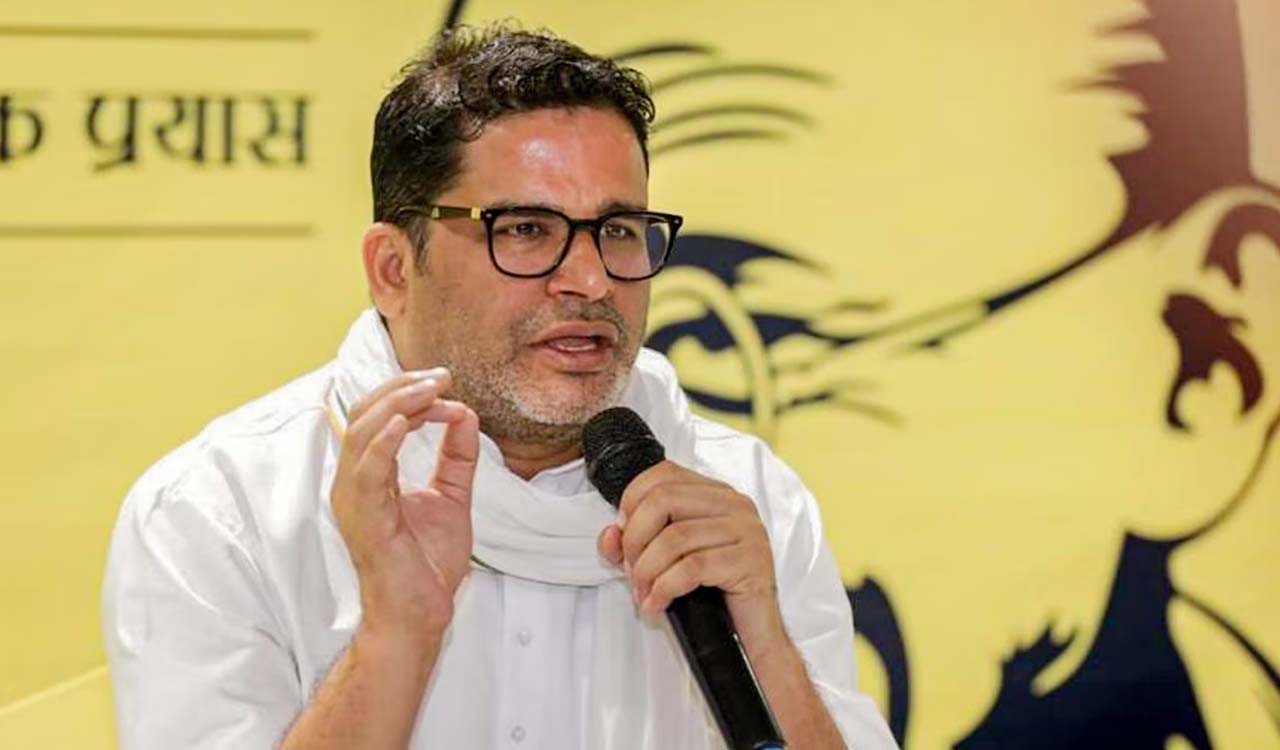Opinion: The scourge of vindictive politics in India
India’s politics must reclaim its purpose — be a force for progress, unity, justice, and not settle scores

By Chittarvu Raghu
In the tapestry of India’s democracy, the threads of dialogue, debate, and consensus have long woven a vibrant pattern of progress and unity. Yet, in recent years, a shadow has fallen across this fabric — a growing reliance on vindictive political methods that threatens to unravel the very principles enshrined in our Constitution. This alarming trend, marked by the misuse of state institutions and the erosion of public trust, demands urgent reflection and reform if we are to preserve the soul of our democratic ethos.
Also Read
At the heart of this malaise lies the troubling politicisation of institutions meant to serve as pillars of impartiality. Central investigative agencies, such as the Enforcement Directorate (ED) and the Central Bureau of Investigation (CBI), were established to uphold justice by probing financial crimes and corruption with unwavering neutrality. Yet, their actions increasingly bear the stain of political vendetta. The timing of investigations — often aligned with elections, protests, or moments of vocal dissent — raises questions about their independence.
Selective Targeting
Opposition leaders often find themselves ensnared in a web of probes and raids, their voices stifled by the looming threat of state machinery. While accountability for wrongdoing is essential, the selective targeting of dissenters undermines the credibility of these agencies, transforming them from guardians of justice into instruments of oppression.
The police, sworn to uphold the Constitution, are not immune to this corrosion. Too often, the promise of lucrative postings or career advancement lures officers into compromising their oaths, turning protectors of citizens’ rights into enforcers of political will. The chilling image of a Member of Parliament facing police brutality for merely voicing dissent is not an aberration but a symptom of a deeper rot. When law enforcement becomes a tool to silence rather than serve, the democratic fabric frays, and the citizens’ trust in governance falters.
Recurring Pattern
This cycle of vindictiveness is not the monopoly of any single political faction. History bears witness to a recurring pattern: those in power wield state machinery to settle scores, perpetuating a toxic culture of retribution. The tit-for-tat arrests of political opponents following regime changes, often accompanied by prolonged detentions without due process, divert precious resources from governance to personal vendettas. This relentless pursuit of revenge stifles progress, leaving the nation’s developmental aspirations languishing in the shadow of political grudges.
The current legal framework has failed to curb the misuse of state machinery. New legislation must hold accountable those who betray their constitutional duties for political gain
The bureaucracy, envisioned as a bastion of impartiality, has also been ensnared in this web. Officers who once endorsed decisions under one regime may retract or distort their positions when power shifts, aligning their truths with the demands of new masters. Such malleability erodes the ethos of public service, casting the bureaucracy as a pliable tool of political expediency rather than a steadfast servant of the Constitution. This betrayal of professional integrity deepens public disillusionment, as citizens witness institutions meant to uphold fairness bend under political pressure.
The consequences of this vindictive politics are profound. It stifles dissent, branding constructive criticism as sedition and fostering an atmosphere of fear. It erodes the independence of institutions, weakening the checks and balances that sustain democracy. Most critically, it chips away at public confidence in the justice system and governance itself. When citizens perceive that legal and administrative mechanisms are manipulated for political ends, their faith in the democratic process wanes, leaving behind a fractured polity marked by mistrust.
Preventing Politicisation
To stem this tide, bold and comprehensive reforms are imperative. The current legal framework is ill-equipped to curb the misuse of state machinery. New legislation must hold accountable those who betray their constitutional duties for political gain. Officers who retract testimonies or fabricate evidence to target opponents should face stringent penalties, from suspension to criminal prosecution.
An independent ombudsman or tribunal, empowered to probe complaints against bureaucrats and law enforcement, could serve as a bulwark against abuse, ensuring transparency and accountability. Central agencies, such as the ED and CBI, require clear guidelines to safeguard their autonomy, with robust oversight to prevent politicisation and transparent processes for investigations involving political figures.
Beyond legislative measures, a cultural shift is needed. Political parties must renounce the weaponisation of state machinery, recommitting to the principles of constructive governance. Bureaucrats must reaffirm their allegiance to impartiality and truth, resisting the lure of political patronage. Civil society, media, and the judiciary, too, have a pivotal role in exposing misuse and demanding accountability, ensuring that the democratic spirit remains vibrant and resilient.
The scourge of vindictive politics, fueled by the complicity of certain officers and the misuse of official machinery, poses a grave threat to India’s democratic ideals. It undermines institutions, stifles discourse, and erodes the trust that binds citizens to their governance. Yet, the path forward is clear: through robust legislative safeguards, a renewed commitment to constitutional fidelity, and an unwavering dedication to public service, we can restore the integrity of our democratic system. Only then can India’s politics reclaim its purpose—not as a battleground for vengeance, but as a force for progress, unity, and justice.

(The author is a Senior Advocate)
Related News
-
FDDI introduces new UG, PG programmes across schools
1 hour ago -
Harish Rao to visit illegal quarry in Neopolis on Thursday
1 hour ago -
Holi celebrated with enthusiasm in Kothagudem, Warangal
1 hour ago -
BRS leaders come to the rescue of Velugumatla displaced families
2 hours ago -
Allen crushes South Africa dreams with record century, Kiwis storm into T20 World Cup final
2 hours ago -
Congress councillor disqualified in Isnapur Municipality for voting against party whip
2 hours ago -
KTR condemns civilian deaths following Israel-US bombing in Iran
2 hours ago -
Podu farmers clash with forest staff in Telangana’s Aswaraopet
2 hours ago




